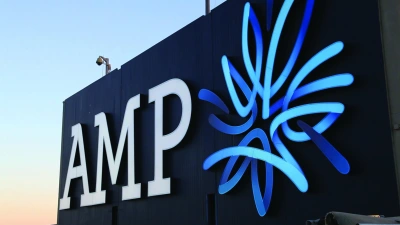ASFA looks to implementation period



 The next several years - following on from a period of intense Government and super industry consultation resulting in a series of regulatory reforms - would be about implementation, Association of Superannuation Funds of Australia (ASFA) chief executive Pauline Vamos told the industry body's 50th conference in Brisbane yesterday.
The next several years - following on from a period of intense Government and super industry consultation resulting in a series of regulatory reforms - would be about implementation, Association of Superannuation Funds of Australia (ASFA) chief executive Pauline Vamos told the industry body's 50th conference in Brisbane yesterday.
She said that along with the regulatory changes, the environment within and outside the industry is changing.
"Soon 10 per cent of our fund members are going to be over 50, and will have very different expectations. Most of our assets will soon be in outflow rather than inflow," she said.
The volatile global markets also provide a significant external challenge, Vamos added.
In her discussions with superannuation chief executives, she found that their number one priority was to deliver the best possible net return while minimising risk.
"We've also got to ensure that the community has the education, information, and advice tools that they need to get the best out of their super," she said.
Cost-effective and long-lasting income streams must be available in retirement, and the experience of every customer in the superannuation system must be exceptional, Vamos added.
It is also vital for the industry to exercise best practice before it is regulated, creating a system that is highly regarded, efficient, transparent and accountable, she said.
"Finally, we must engender a belief by all stakeholders that the industry is safe, secure, and sustainable," Vamos said.
Recommended for you
The Future Fund’s CIO Ben Samild has announced his resignation, with his deputy to assume the role of interim CIO.
The fund has unveiled reforms to streamline death benefit payments, cut processing times, and reduce complexity.
A ratings firm has placed more prominence on governance in its fund ratings, highlighting that it’s not just about how much money a fund makes today, but whether the people running it are trustworthy, disciplined, and able to deliver for members in the future.
AMP has reached an agreement in principle to settle a landmark class action over fees charged to members of its superannuation funds, with $120 million earmarked for affected members.











